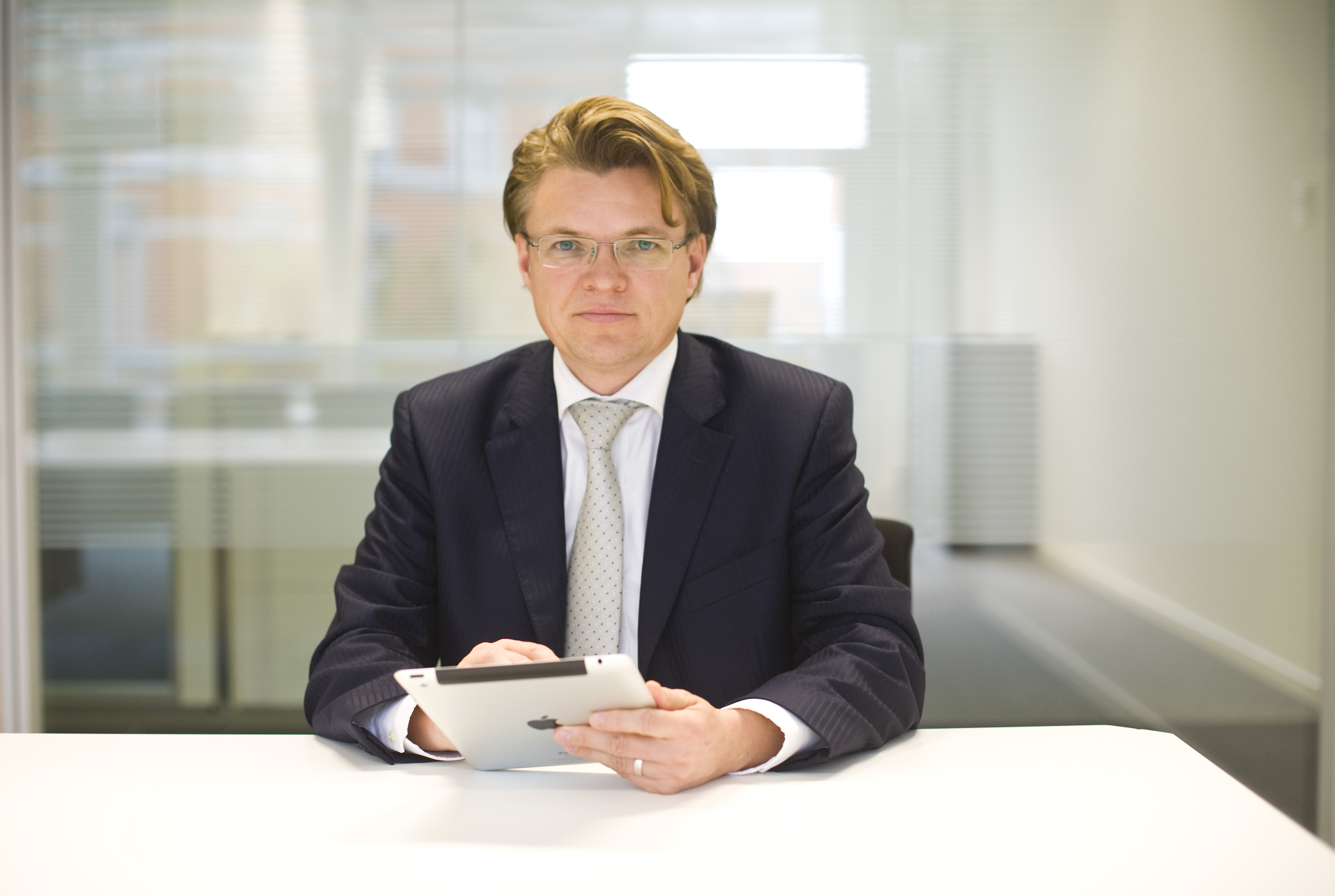Axel Eggert is nominated Director General of EUROFER on November 1, 2014. From 2007 to September 2014 Eggert was EUROFER’s Director for Public Affairs and Communication and since 1st of October he is acting Director General.
Axel Eggert joined EUROFERin November 2007 as a Director for Public Affairs and Communication. On 1 November 2014 he has been nominated Director General of EUROFER.
He started his career in Brussels with an internship at the European Commission in 1998 before he became an adviser at the EU Representation of the State of Rhineland-Palatinate. From September 1999 to October 2007, he was political adviser and head of office to Karl-Heinz Florenz, a Member of the European Parliament and chairman of the Committee on the Environment, Health and Food Safetyfrom 2004 to 2007.
He holds Master degrees from his studies of Modern History, Economics and Law at the University of Darmstadt (Germany) and the State University of New York at Buffalo (USA) and speaks fluently German, English, French and Dutch.
Axel Eggert was born on 3 April 1967 in Bremen, Germany. He is married and has two children.
Robrecht Himpe, President of EUROFER: “We are very pleased to nominate Axel for this important role. He has already shown a strong track in the EU steel federation. His engagement will be crucial for advocating the vital role that the EU steel industry plays in many strategic supply chains and in providing prosperity and opportunity for millions of people across Europe. Key to maintaining and growing this contribution will be achieving a robust, competitive policy framework in areas such as energy, climate and trade.”
The European Steel Association, EUROFER, represents almost 100 percent of EU steel production combining a turnover of €166 billion €uros and a share in the EU’s GDP of 1.3 percent. More than 500 steel production and processing sites in 24 EU member states provide direct employment for 335 thousand highly skilled people and indirect employment for millions of European citizens.

